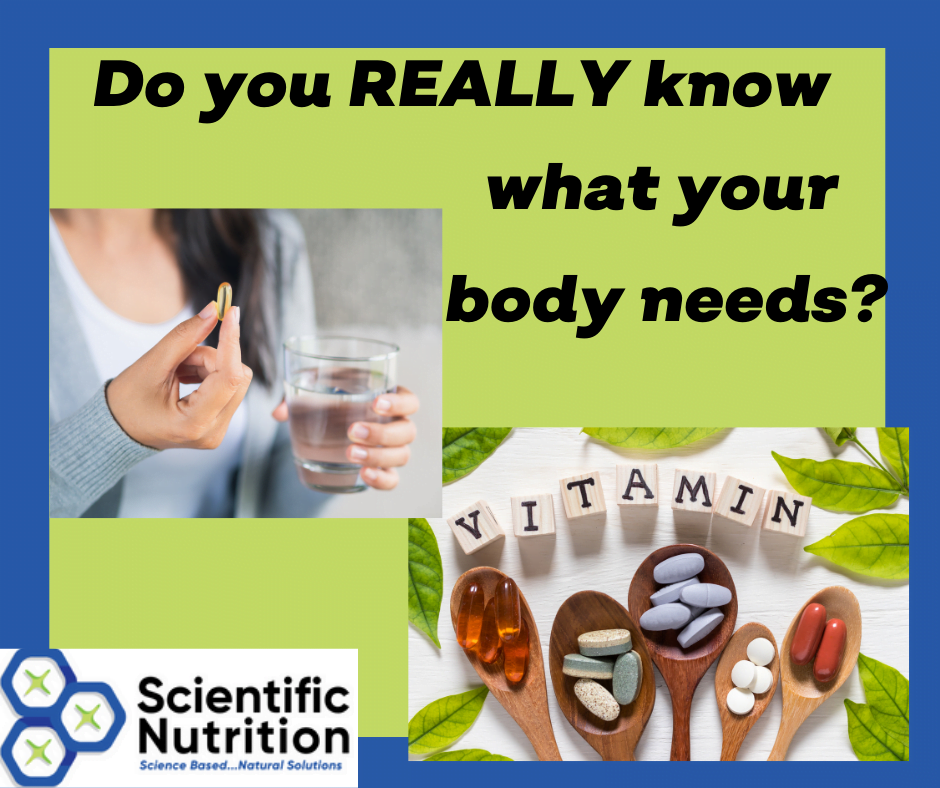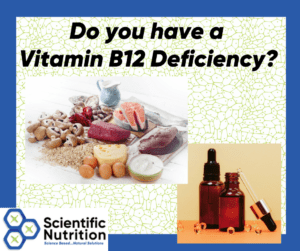What are macronutrients and micronutrients?
Vitamins are your micronutrients. When we think about foods we can count the major nutrients for calories known as macronutrients (fat, carbohydrate, and proteins) but it is the micronutrients that we need for daily cellular functions.
These vitamins, minerals, and yes-even metals are needed for the tiniest of needs at the cellular level.
Where do I get micronutrients?
The majority of them come from the vegetables we eat. We can’t get B vitamins, antioxidants, or even more than 2% of Manganese from meats. A large variety of vegetables with the appropriate amount of protein and fats for balance is your best bet.
What do micronutrient vitamins and minerals do for my body?
*Antioxidants – remove free radicals that cause disease
*Biotin (B7) – nails, skin, hair, and energy production
*Calcium – blood clotting, muscle contraction, bones
*Choline – nervous system, DNA synthesis
*Chromium – fat/carb/protein metabolism, insulin sensitivity
*Copper – cardiovascular health, blood cells, immune system
*Pantothenic Acid (B5) – energy production, blood cell production
*Folic Acid (B9) – cellular growth, blood glucose levels
*Iodine – thyroid hormone production
*Manganese – blood glucose, blood pressure, muscle and nerve function
*Magnesium – nerve and muscle functions, calming, blood sugar levels, (thousands of needs)
*Molybdenum – clearing toxins, protecting organs, enzyme activation
*Niacin (B3) – cardiovascular health, cholesterol, flush radiation
*Potassium – fluid storage and regulation, heart regulation, blood pressure
*Riboflavin (B2) – metabolizing carbs, fats, proteins as well as growth
*Selenium – to help asthma, cognition, thyroid conversion, cancer deterrent
*Thiamine (B1) – nerves, muscles, heart function, glucose metabolism
*Tocotrienols – free radical neutralization
*Vanadium – water retention, blood glucose
*Vitamin A – your vision, immune system
*Energizing Vitamin B6 – fat/carb metabolism, red blood cells, neurotransmitters
*Vitamin B12 – DNA production, making red blood cells, nervous system, memory
*Daily Vitamin C – immune system, healing wounds, repairing cells
*The sunshine Vitamin D – immune system, creates bones
*Vitamin E – immune system, skin, neutralize free radicals/oxidative stress
*The less known Vitamin K – blood clotting, bone metabolism, calcium balance
*Zinc – enzymes, immune system
How much and which vitamins and nutrients do I need?
Many of these trace minerals, vitamins, and copper can be found in the foods we eat. If we are not eating the right diet for our biochemistry we may become deficient causing toxification. Guessing is not a good plan. Asking friends or someone working at a health food store isn’t a good resource either.
Knowing exactly which supplements you need is the key to correcting symptoms and at most times, reversing serious issues. You most likely won’t fix what you can’t see. You might guess while wasting money and time until you check your biochemistry.
How do you test where your minerals and heavy metals are at?
Hair Analysis can show you the problems and solutions! Without the correct balances, everything is stuck. When you are eating the right macronutrients and supplementing with micronutrients specific to your biological needs, you will be helping your body to heal.
Are you ready to find where your mineral levels needs need help with a Hair Analysis?
LET’S CHAT about your health goals!
Learn more on 5 supplements to boost your immune system HERE or which are better, minerals or vitamins?
Copyright Scientific Nutrition, LLC 2022




